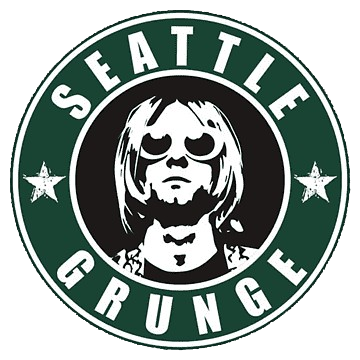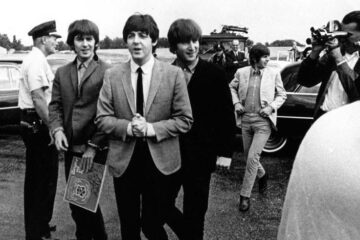Compared to his bandmates, Paul McCartney has never been a fan of trampling over his own work with The Beatles. Rather than focusing his energy on lamenting the occasional error of judgment they made creatively, McCartney spends a large portion of time celebrating their many victories that far outweigh their losses.
McCartney’s mindset is, of course, quite different from the one John Lennon embraced. Lennon had no qualms about openly criticising some of the band’s songs that he disliked, often taking pride in doing so. Several tracks in their catalogue left Lennon feeling uneasy, and for him, they became a source of deep regret.
While McCartney has always taken his craft exceptionally seriously, unlike Lennon, he understands that it’s only rock ‘n’ roll and not a matter of life or death. As Macca knows all too well, there are far more pressing issues on a global scale than a less-than-perfect song. Instead of dwelling on it, he would channel the experience into crafting a higher-quality track the next time around.
McCartney is content to preserve the goodwill that audiences and fans have toward nearly all of the band’s material. Whether it was a brief medley segue or a seemingly off-hand album filler, the singer-songwriter rarely showed outright flippancy. ‘Doctor Robert’ was no exception. Though it may be considered one of the lesser tracks on Revolver, McCartney still dutifully highlighted its merits when speaking with author Barry Miles in Paul McCartney: Many Years From Now.
The track in question is far from a Beatles classic, and McCartney doesn’t view it as such. He knows ‘Doctor Robert’ is unlikely to receive a mention in his eulogy or appear in any list of the greatest songs by The Beatles, but the Fab Four never intended to be a masterpiece.
With The Beatles, inspiration struck in a variety of different ways. In one moment, they could have been writing a heartfelt love song like ‘Don’t Let Me Down’ or tackling the Civil Rights Movement on ‘Blackbird’. However, they also enjoyed nothing more than a song designed to make each other laugh in the studio, like ‘Doctor Robert’.
“John and I thought it was a funny idea: the fantasy doctor who would fix you up by giving you drugs, [the song] was a parody on that idea,” McCartney once explained of the composition. “It’s just a piss-take. As far as I know, neither of us ever went to a doctor for those kinds of things. But there was a fashion for it and there still is. Change your blood and have a vitamin shot and you’ll feel better.”
The identity of the real-life ‘Doctor Robert’, if there ever was one, became a fascination for Beatle fanatics over the years. However, Lennon later revealed that he actually intended the song to be autobiographical.
“Another of mine. Mainly about drugs and pills. It was about myself,” Lennon told David Sheff in 1980. “I was the one that carried all the pills on tour. Well, in the early days. Later on the roadies did it. We just kept them in our pockets loose. In case of trouble.”
Like many things that Lennon said, occasionally, they needed to be taken with a heavy pinch of salt as his memory could sometimes be jaded. In this instance, his comments directly contradict what McCartney told the Los Angeles Times in 1967 when he claimed there really was a ‘Doctor Robert’ out there.
“There’s some fellow in New York, and in the States we’d hear people say: ‘You can get everything off him; any pills you want.’ It was a big racket, but a joke too about this fellow who cured everyone of everything with all these pills and tranquilizers, injections for this and that; he just kept New York high,” McCartney explained. “That’s what Doctor Robert is all about, just a pill doctor who sees you all right.”
While McCartney could have merely been protecting Lennon by claiming that ‘Doctor Robert’ was a New Yorker, perhaps the identity is better left as a mystery. Furthermore, McCartney’s admission that the song was a “piss-take” suggests there maybe was no ‘Doctor Robert’ at all.




